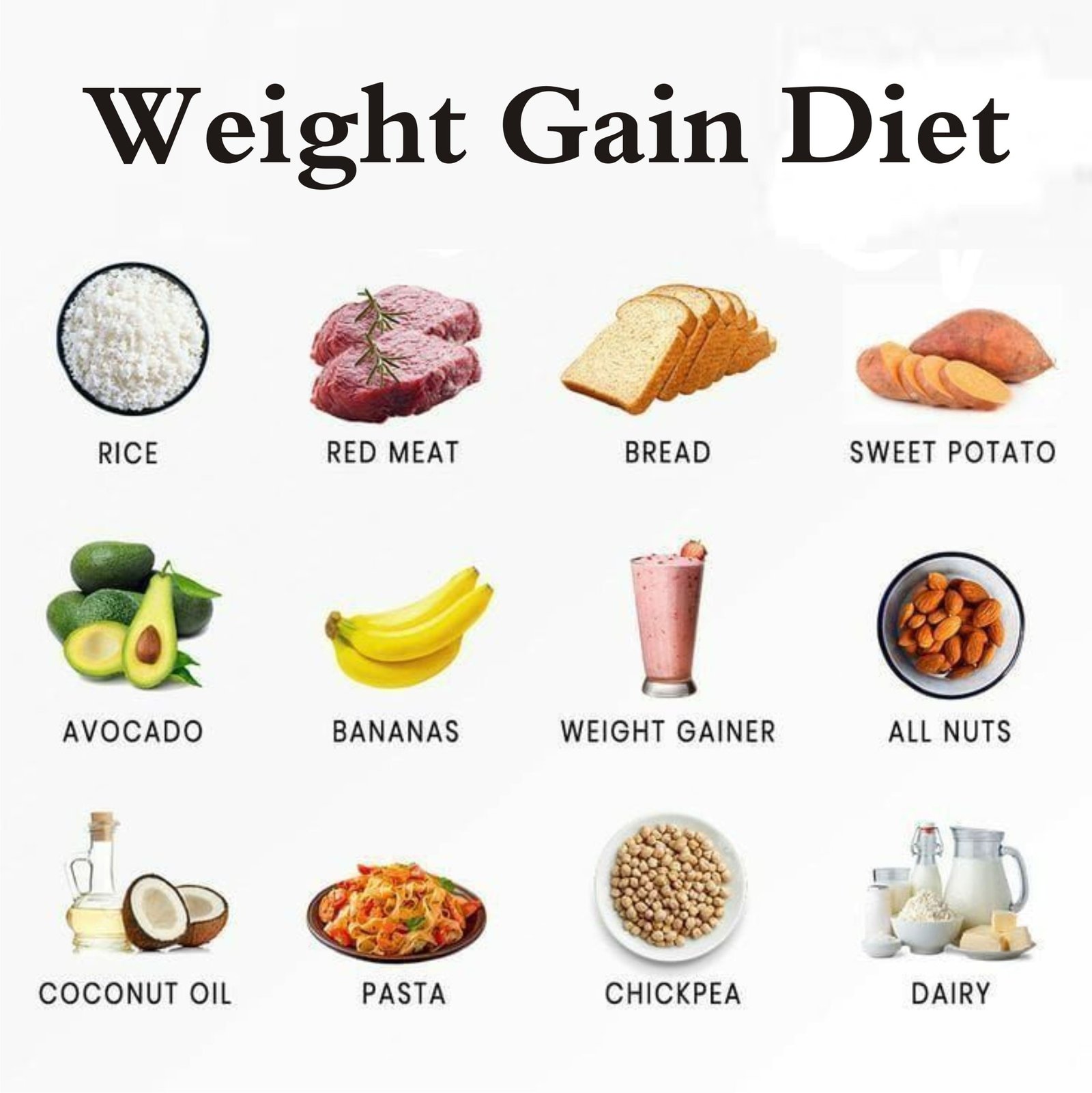The Misconception of Rapid Weight Gain
Can you gain weight in one day? This question is often met with skepticism, as the idea of rapid weight gain in such a short period seems implausible. While it is possible to experience a temporary increase in body weight due to factors like water retention, this does not equate to long-term weight gain. The misconception arises when individuals mistake daily fluctuations for actual changes in body fat. It is crucial to understand the difference between body weight and body fat, as well as the factors that truly contribute to long-term weight changes.
The Role of Water Retention in Temporary Weight Gain
Can you gain weight in one day due to water retention? While it is possible to experience a temporary increase in body weight due to water retention, this does not translate to long-term weight gain. Water retention can be influenced by various factors, including dietary habits, hormonal changes, and medical conditions. Sodium intake, for instance, can cause your body to hold onto more water, leading to a higher body weight reading on the scale. Similarly, carbohydrate consumption can cause your body to store additional glycogen, which binds with water in your muscles and liver. Menstrual cycles and certain medical conditions can also contribute to water retention.
It is essential to understand that these temporary fluctuations in weight are not indicative of long-term weight gain. The human body is dynamic, and weight can fluctuate daily due to various factors. Instead of focusing on short-term changes, it is more beneficial to concentrate on long-term, sustainable habits that promote overall health and well-being. By adopting a balanced diet, engaging in regular physical activity, and ensuring adequate sleep, individuals can work towards their weight gain goals while minimizing the impact of water retention on their body weight.
The Reality of Long-Term Weight Gain
Can you gain weight in one day as a result of long-term weight gain factors? No, weight gain is a gradual process that occurs over an extended period. The misconception that weight gain happens overnight stems from the misunderstanding of the underlying mechanisms that contribute to long-term weight changes. The reality is that consistent caloric surpluses and sedentary lifestyles are the primary drivers of long-term weight gain.
When an individual consumes more calories than they burn, their body stores the excess energy as fat. Over time, these surpluses accumulate, leading to gradual weight gain. This process is influenced by various factors, including dietary habits, physical activity levels, sleep patterns, and genetics. It is essential to recognize that sustainable weight gain requires consistent effort and patience, as it is a long-term endeavor rather than a quick fix.
To gain weight in a healthy and sustainable manner, focus on adopting a balanced diet that includes nutrient-dense foods and sufficient calorie intake. Regular exercise, particularly strength and resistance training, can help build muscle mass and contribute to a healthy weight gain. Additionally, ensuring adequate sleep and managing stress levels can further support long-term weight gain goals. By understanding the science behind long-term weight gain and implementing strategies for sustainable progress, individuals can work towards their desired weight while prioritizing overall health and well-being.
Strategies for Sustainable Weight Gain
Can you gain weight in one day by employing sustainable strategies? No, but focusing on long-term progress is crucial for healthy and enduring weight gain. To achieve this, consider the following practical tips:
- Balanced Diet: Consume a variety of nutrient-dense foods, including fruits, vegetables, whole grains, lean proteins, and healthy fats. This approach ensures your body receives the necessary nutrients for optimal health and growth.
- Calorie Surplus: Aim for a caloric surplus by consuming more calories than you burn. This surplus provides your body with the extra energy needed for weight gain. Keep track of your daily caloric intake and adjust as needed to maintain a consistent surplus.
- Protein Intake: Prioritize protein-rich foods, such as lean meats, dairy products, eggs, legumes, and nuts. Protein is essential for muscle growth and repair, making it a critical component of any weight gain plan.
- Regular Exercise: Engage in strength and resistance training exercises to build muscle mass. Compound movements, such as squats, deadlifts, and bench presses, are particularly effective for promoting weight gain.
- Adequate Sleep: Ensure you get enough sleep each night, as sleep plays a vital role in recovery, muscle growth, and overall health.
By incorporating these strategies into your daily routine, you can work towards your weight gain goals in a healthy and sustainable manner. Remember, gradual progress is key, and it is essential to maintain a balanced approach that prioritizes overall well-being, rather than focusing solely on the numbers on the scale.
The Risks of Rapid Weight Gain
Can you gain weight in one day and expect no consequences? Rapid weight gain can lead to various health issues, making gradual progress a safer and more sustainable approach. Some potential risks associated with rapid weight gain include:
- Increased Strain on the Heart: Rapid weight gain can put additional stress on the heart, increasing the risk of cardiovascular disease and other heart-related conditions.
- Poor Digestion: Rapid weight gain may lead to digestive issues, such as bloating, constipation, and discomfort, due to the sudden increase in food intake and caloric consumption.
- Decreased Energy Levels: Rapid weight gain can result in lethargy and fatigue, as the body struggles to adapt to the sudden increase in energy requirements and metabolic processes.
To avoid these potential risks, it is crucial to prioritize gradual weight gain and seek professional guidance when necessary. Consult with a healthcare provider, dietitian, or fitness expert to develop a personalized weight gain plan that promotes overall health and well-being. By focusing on sustainable progress and making adjustments as needed, you can achieve your weight gain goals while minimizing the risks associated with rapid weight gain.
The Importance of Mindful Eating and Portion Control
Can you gain weight in one day by ignoring mindful eating and portion control? Absolutely. These habits play a significant role in managing weight gain and overall health. Mindful eating involves paying attention to the food you eat, acknowledging your hunger and fullness cues, and savoring each bite. Portion control, on the other hand, focuses on consuming appropriate quantities of food to meet your daily nutritional needs without overeating.
Here are some tips for practicing mindful eating and portion control:
- Eat Slowly: Take your time when eating, and focus on the flavors, textures, and aromas of your food. This approach allows your brain to register fullness signals more effectively, preventing overeating.
- Use Smaller Plates: Opt for smaller plates to create the illusion of a fuller meal, which can help you feel more satisfied with smaller portions.
- Avoid Distractions: Eliminate distractions, such as TV, smartphones, or computers, while eating. Focusing on your food encourages mindful eating and helps you better recognize fullness cues.
- Listen to Your Body: Pay attention to your hunger and fullness signals. Eat when you feel hungry, and stop when you are satisfied, not stuffed.
- Pre-Portion Snacks: Pre-portion snacks into smaller bags or containers to prevent mindless snacking and maintain portion control.
By incorporating mindful eating and portion control into your daily routine, you can work towards your weight gain goals in a healthy and sustainable manner. Remember, the key to long-term success is consistency and balance, so focus on overall well-being, rather than solely on the numbers on the scale.
Monitoring Progress and Adjusting Your Approach
Can you gain weight in one day while monitoring your progress and making adjustments? No, sustainable weight gain requires consistent effort, patience, and regular evaluation of your strategies. Monitoring your progress allows you to identify what is working and what needs improvement, ensuring that your weight gain plan remains effective and aligned with your goals.
Here are some tools and techniques for monitoring your progress:
- Food Journals: Track your daily food intake, including calories, macronutrients, and meal times. This information can help you identify patterns, such as under-eating or inconsistent meal times, that may be hindering your progress.
- Body Weight Scales: Regularly weigh yourself to monitor changes in body weight. Keep in mind that daily fluctuations are normal, so focus on trends over time rather than individual readings.
- Progress Photos: Document your visual progress with regular photos. Comparing photos over time can provide valuable insights into changes in body composition and muscle development.
As you monitor your progress, be prepared to make adjustments to your weight gain plan. Factors such as changes in appetite, activity levels, or lifestyle may require you to modify your approach. For example, you may need to increase your caloric intake, alter your exercise routine, or adjust your sleep schedule to continue making progress. By remaining flexible and responsive to your body’s needs, you can optimize your weight gain strategies and achieve your goals in a healthy and sustainable manner.
Maintaining a Healthy Weight and Lifestyle
Can you gain weight in one day while maintaining a healthy weight and lifestyle? No, sustainable weight gain is a gradual process that requires consistent effort, patience, and a focus on overall well-being. By understanding the factors that contribute to long-term weight changes, implementing practical strategies, and monitoring your progress, you can work towards your weight gain goals while prioritizing your health.
Maintaining a healthy weight and lifestyle involves more than just focusing on the numbers on the scale. Instead, consider the following aspects of your overall well-being:
- Balanced Diet: Ensure your diet includes a variety of nutrient-dense foods, such as fruits, vegetables, lean proteins, and whole grains. These foods provide the necessary calories, macronutrients, and micronutrients to support your weight gain goals and overall health.
- Regular Exercise: Engage in regular physical activity to build muscle mass and improve overall fitness. Aim for a combination of strength training, cardiovascular exercise, and flexibility work to support your weight gain goals and overall health.
- Adequate Sleep: Prioritize getting enough sleep each night, as inadequate sleep can hinder weight gain efforts and negatively impact overall health. Aim for 7-9 hours of sleep per night to support your weight gain goals and overall well-being.
- Stress Management: Manage stress through relaxation techniques, such as meditation, deep breathing, or yoga. Excessive stress can interfere with weight gain efforts and contribute to poor overall health.
By focusing on these aspects of your overall well-being, you can work towards your weight gain goals while maintaining a healthy lifestyle. Remember, sustainable weight gain is a gradual process that requires consistent effort, patience, and a holistic approach to your health and well-being. Embrace the journey, and celebrate the progress you make along the way.





